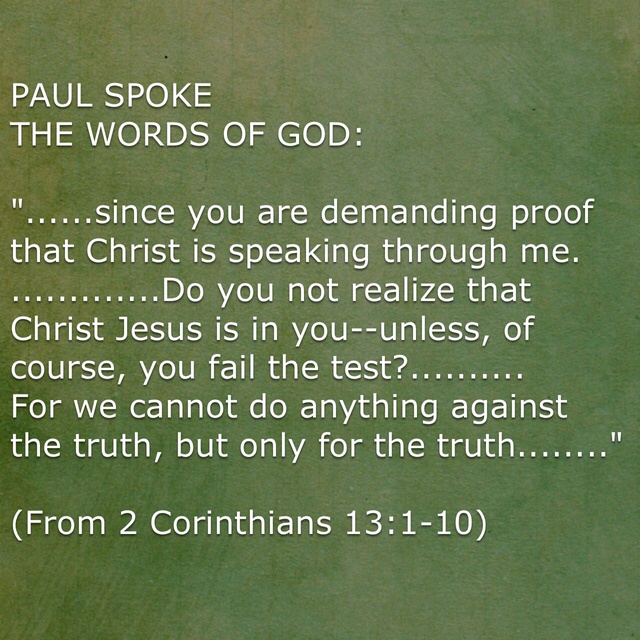Imagine, a room full of Jesus impersonators. One holds a placard that says, “Abortion on Demand!”, another, “Its a Baby, not a Choice.” Then there’s “Stop Murdering Cows!”, and “Eat More Beef”.
Get the picture?
Anyone with any cause can claim Jesus as their champion, no matter how contrary (or not) it is to the true nature and character of the Christ of history.
I hesitate to tell this next story, but it illustrates the point.
Kosovo: Ethnic Cleansing
In the 1990’s, my parents, representing a missions organization, traveled to Kosovo where they listened as Muslims, whose relatives were murdered, told the horrors of ‘ethnic cleansing’ during the war. It was all sickening to hear, but one story stands out in my memory.
They described a scene where militants would commit genocide, then gather in a restaurant, raise glasses of wine and say, “Christ is Risen”. I felt ill when told this.
The massacre of Muslims in Kosovo may have been committed in the name of “a” Christ, but not mine, and not the Christ of the New Testament.
Fake Christs in the U.S.
If we set aside such obviously evil misrepresentations, and explore mainstream (and not so) Christianity we find it possible to enter a dozen churches and find as many different portrayals of Christ.

Which one is true? The New Testament’s 27 documents have kept Christianity, like a ship, pointed in mostly the same direction, for nearly 2,000 years. Since its birth, imposters have tried to steer it into alternate waters.
The Circumcision Controversy
Perhaps the earliest known examples of these ‘False Apostles’ goes back to the ‘Circumcision Controversy’. Starting around 46 AD, one group believed that to be a follower of Christ, new male believers had to be circumcised.
Paul didn’t hide his contempt for them. In Galatians (chapter 5 verse 12), he says, “I wish they would go the whole way and emasculate themselves!” In Philippians, he calls them “dogs, evil doers, mutilators of the flesh” and in Titus, we’re told these ‘dogs’ were charging a fee for their ‘services’.
The Council of Jerusalem
The matter was settled in 49 AD (Acts 15). The elders were all there. They sent a letter to the Gentile believers in Antioch stating that circumcision was not necessary. The narrative then indicates Gentile converts in Antioch were ‘greatly relieved’. Ha! I’d be too!
This concept, then, of ‘multiple Jesus’s’ (false representations) has been around 1) from the birth of Christianity, 2) prior to the writing of the New Testament, 3) it is described in the New Testament and 4) it persists to this day.
Of One Mind
The Apostles were of one mind. They preached a message consistent with one another. The original 12 disciples, and the 70 knew the Real Jesus personally. Paul knew Christ in his resurrected form. 
False Apostles
But imposters, false Apostles portraying “false Jesus’s”, tryed to muscle their way into positions of influence, claiming a status equal to the Apostles.
They were not approved then, and anyone today who claims to be on equal footing with the first Apostles is just as false as those ‘false Apostles‘ described by Paul.
The Authority of the New Testament
Not one single person living today has the same authority that was vested in the writers of the New Testament.

Every one of these men knew each other and approved of one another’s message.
To go against these men by portraying a Jesus contrary to their portrayal of him is to go against the Christ who chose them. It is plainly evident in the New Testament documents that the Apostles spoke the words of God. They wrote the words of God. Christ spoke through them and they knew it.

So, today, if someone preaches a Jesus contrary to the one Paul preached in 51 AD in Corinth, as written in the New Testament, then they’re not preaching the real Jesus.
Does God still speaks to His people today? Yes! The Holy Spirit is here to guide us, but if someone’s ‘inner voice’ goes against the written Apostolic witness, then it is not ‘the real deal.’

Be blessed. Be not afraid. Christ will reveal himself to you. His words are in black and white, and they’re online!
In the future, I will address a movement known as ‘Red Letter Christians’; what the movement gets right, and where it fails.
Comments? Be sure to like, subscribe, and share.
